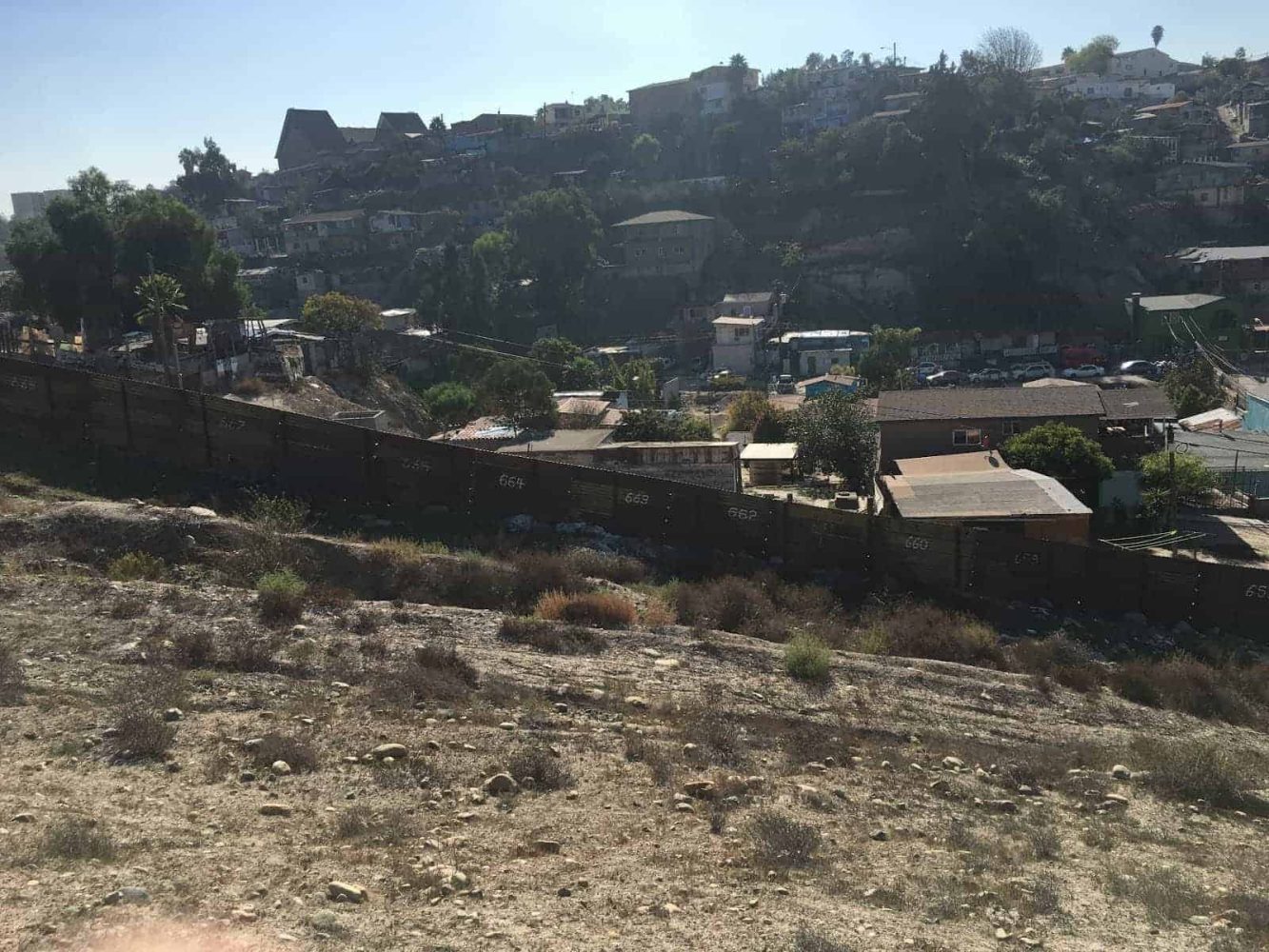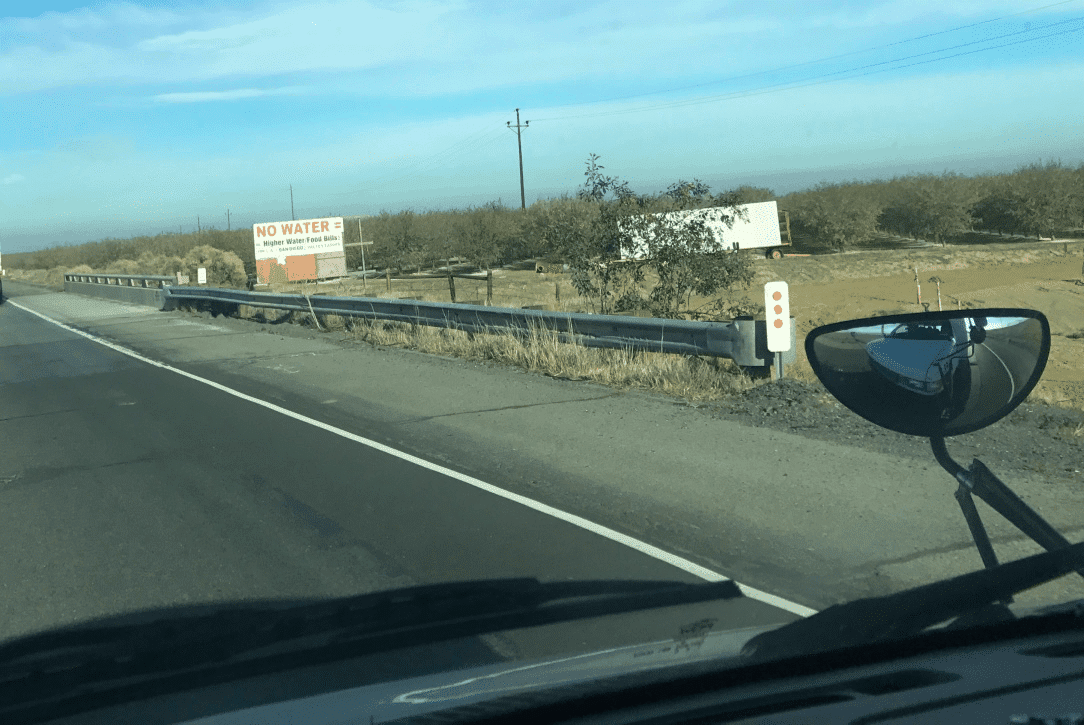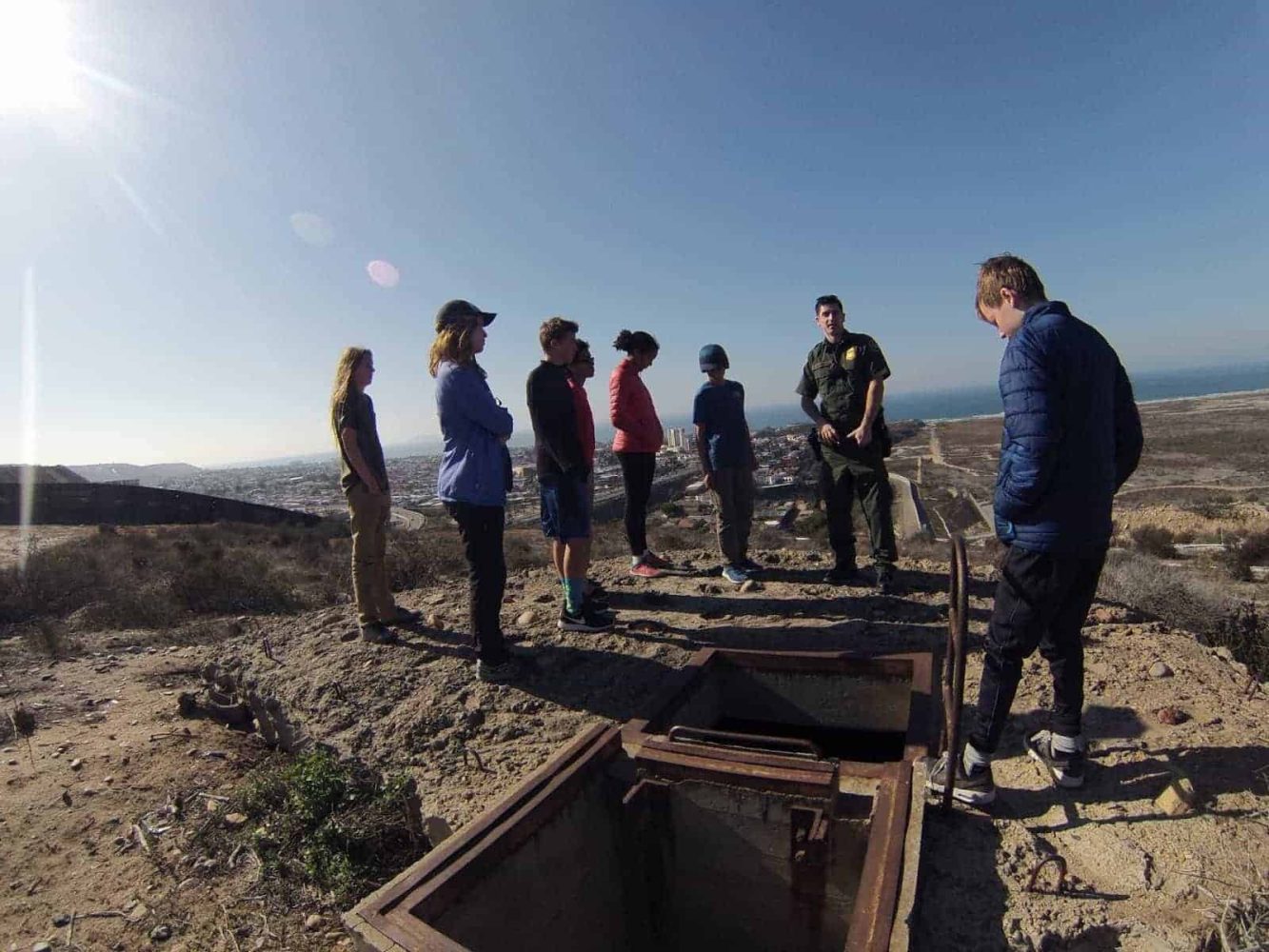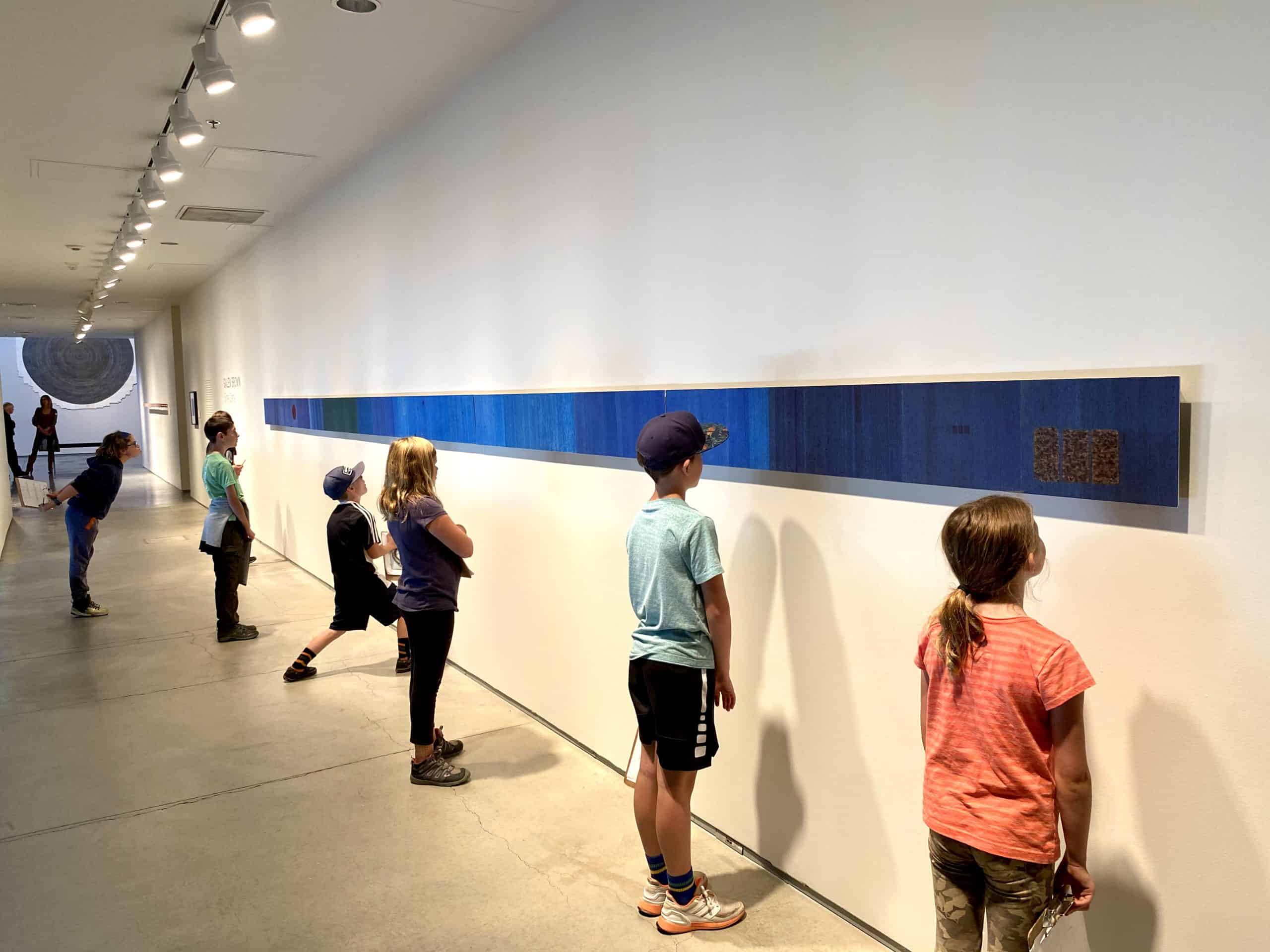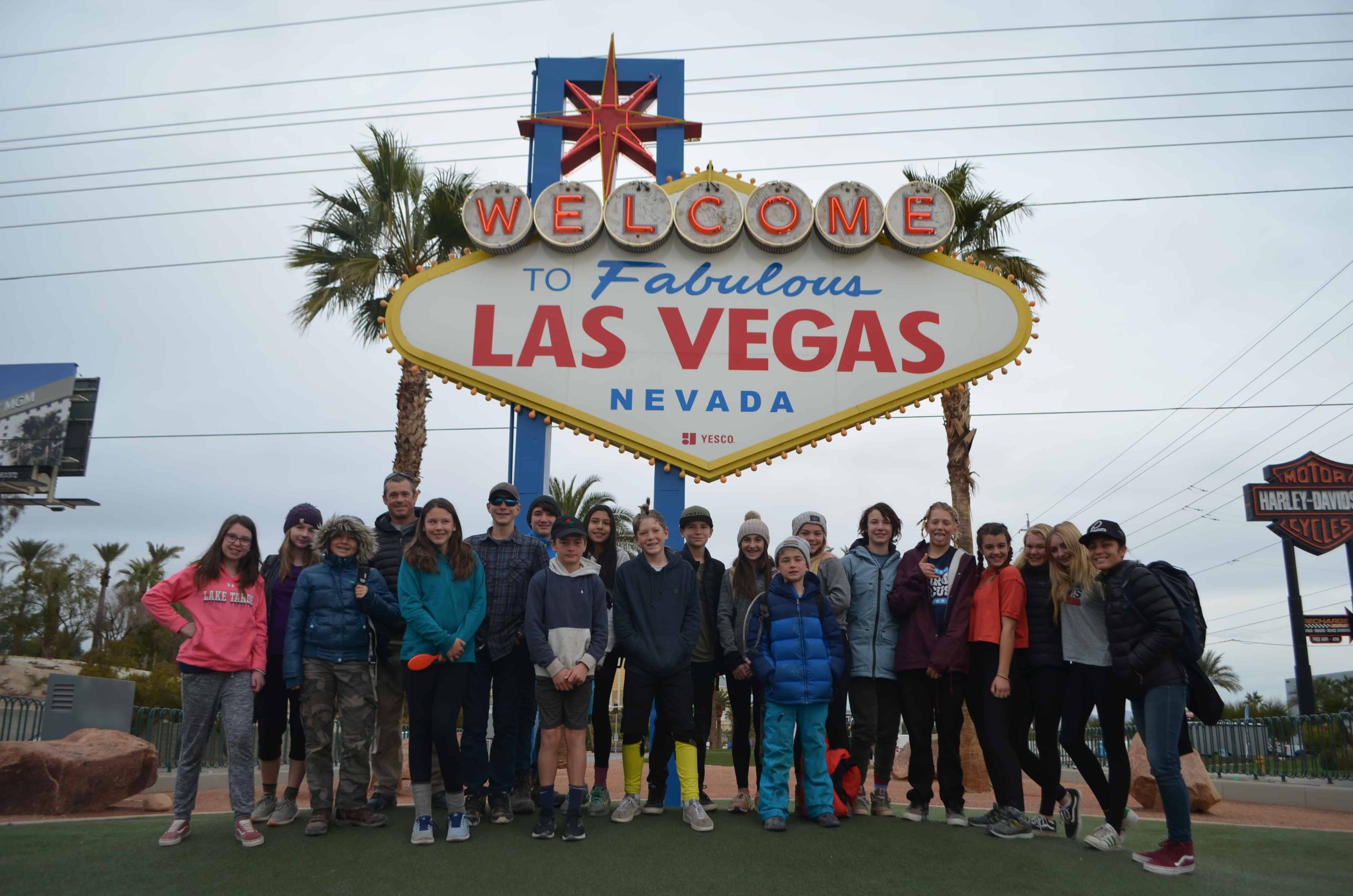TEA 8th Grade Crew Dives Deep Into Immigration With Canoes
Students canoed 25 miles of the Colorado River as it winds along the Arizona/California border to gain a deep understanding of the challenges on both sides of the fence.
During our IN Migration learning expedition, the 8th-grade crew explored the human tendency to cross distances both physically and culturally. After learning about the experiences of undocumented immigrants in this country, the crew set out to give a voice to multiple perspectives on the issue of immigration today.
To begin the project, students studied the past in order to determine how and why humans have elected to migrate to and within North America. They also sought to understand how new populations have been driven, against their will, to populate the United States while existing populations were driven–also against their will–to places of exile. Finally, the crew focused on how resources influence human movement and cultural identity as they considered the issues that define immigration policy in the United States today.
For the field study component to this learning expedition, the 8th-grade crew literally drove deep into the heart of the issue of immigration in California. Their 1,700 mile round trip tour gave them an overview of the natural resource abundance and scarcity that generates demand for human migration. They canoed 32 miles of the Colorado River as it winds along the Arizona/California border. Next, a visit with the Yuma Boat Border Patrol gave the crew an understanding of the challenges on both sides of the fence. Further investigation at the San Diego Immigration Headquarters and a tour of the double fence line drew out more details in this complex issue.
In order to obtain a first-hand sense of the plight of the immigrant, the students admired and reflected on the amazing murals in Chicano Park in the heart of San Diego. On the final drive up through the central valley, dozens of rolling tumbleweeds mixed in with the vast expanse of crops drove home the value of water and natural resources.
To voice their perspectives, students composed letters to the 45th President of the United States. In this way, the 8th-grade crew exercised their voices in the very first weeks of Mr. Trump’s role as Commander in Chief. By advocating for the preservation or reformation of policies that affect those coming to and living in the United States today, they effectively expressed their understanding of immigration at a crucial moment in American politics.

